P.G. County out here 



Indeed, the crisis has put the global science to practical test. Every individual country is busy fighting the pandemic in its own way, trying to make sure that it gains from the crisis. As the virus persistently sweeps across the world, southern African island of Madagascar seems desirous with an initiative to tap into its local herbal science to produce COVID-Organics to save human lives.
Madagascar, a southern African island in the Indian Ocean, has found an alternative to fight the fast spreading coronavirus, beginning on experimental basis and with a rudimentary approach at home. With increasing number of coronavirus, Madagascar is steadily depending on its natural resources to help Africa. As a result of the island’s isolation, Madagascar is home to various unexploited plants found nowhere else on Earth. Many native plant species are used as herbal remedies for a variety of afflictions.
On April 21, the President of Madagascar Andry Rajoelina officially launched a local herbal remedy claimed to prevent and cure the novel coronavirus. The drink is simply called COVID-Organics and is derived from Artemisia – a plant with proven efficacy in malaria treatment.
During an African Union meeting late last month, he stressed the importance of the herbal cure – a variant of which prevents the virus, while another cures it. Speaking to colleague heads of state with a bottle of COVID-Organics on his table, he reiterated the viability of the herbal cure.
“There are two treatment protocols (curative and preventive). The state of health of COVID-19 patients who took Tambavy CVO CovidOrganics improved after 7 days and fully recovered after 10 days. These patients have taken no other product than COVID-Organics,” Rajoelina said.
In an exclusive interview with FRANCE 24 and RFI, Rajoelina defended his promotion of a controversial homegrown remedy for COVID-19, stressing that COVID-Organics works really well. He further claimed that if a European country had discovered the remedy, people would not be so skeptical.
“What if this remedy had been discovered by a European country, instead of Madagascar? Would people doubt it so much? I don’t think so,” the president told FRANCE 24’s Marc Perelman and RFI’s Christophe Boisbouvier.
“What is the problem with COVID-Organics, really? Could it be that this product comes from Africa? Could it be that it’s not OK for a country like Madagascar, which is the 63rd poorest country in the world… to have come up with (this formula) that can help save the world?” asked Rajoelina, who claims the infusion cures patients within ten days.
“No one will stop us from moving forward – not a country, not an organization,” Rajoelina said in response to the WHO’s concerns, and added the proof of the tonic’s efficacy was in the “healing” of “our patients”, calling it a “preventive and curative remedy,” according to the report.
In a similar argument, Dr. Charles Andrianjara, Malagasy Institute of Applied Research (IMRA) Director General pointed out straight “COVID-Organics will be used as prophylaxis that is for prevention, but clinical observations have shown a trend towards its effectiveness in curative treatment.”
In a response to an email media query, an official at the presidency wrote:
“We are committed to taking the traditional therapies through the same clinical trials as other medication. It’s about time to participate and not only observe. As the opportunity emerges, we have the resources to use as a remedy against coronavirus, and to save lives. We need to think how to use it productively and profitably now.”
The global scientific community has become curious. Scientists at Germany’s Max Planck Institute in Potsdam are among a group of researchers from Germany and Denmark collaborating with the United States company, ArtemiLife, to explore whether the Artemisia plant can really be used against the coronavirus.
“It is the first study in which scientists are investigating the function of these plant substances in connection with COVID-19,” the Head of the Study Group, Peter Seeberger, said in an interview with DW.
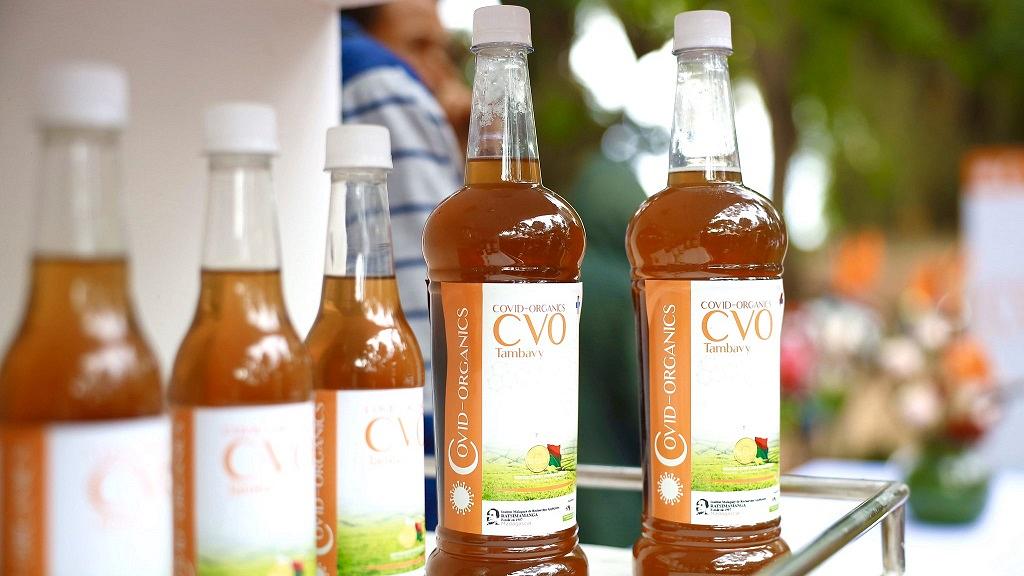
On April 28, while in a video conference with Foreign Ministers from Brazil, China, Russia and South Africa, the Indian Foreign Affairs Minister, Dr. Subrahmanyam Jaishankar noted that the pandemic not only poses a great risk to the health and well-being of humanity but also severely impacts on the global economy.
According to Jaishankar, India is providing pharma assistance to nearly 85 countries, including many countries in Africa, to support their response to the pandemic, and emphasized the need to provide support to businesses, especially small and medium scale enterprises, and the efficacy of traditional medicine systems.
Chinese are highly sensitive to opportunities, leverage indiscriminately to almost all sectors in Africa. Now China is showing interest in adopting and collaborating with Madagascar’s herbal initiative. China has already promised to scale up its assistance to Africa by creating a health care initiative that allow African countries to access funds to address challenges in the healthcare delivery. It plans to build the headquarters of the African Center for Disease Control and Prevention.
One area that presents the world with opportunity, and has be explored in the search for treatment is the field of herbal medicine. So far, many countries are adopting supportive care and non-specific treatment options to relieve patient symptoms. Chinese traditional medical practices in China and herbal preparation from Madagascar raise hopes for COVID-19. The potential here gives credence for consideration as traditional and herbal remedy for COVID- 19, argued Justice Ray Prah from the Kwame Nkrumah University of Science and Technology (KNUST).
Madagascar’s scientific initiative has drawn wide criticisms, instead of encouragement and support. The World Health Organization (WHO), established to monitor and tackle global health problems, research for innovative ways to ensure health of people, was rather the first to punch Madagascar. It warns on its website that there is “no evidence to suggest that COVID-19 can be prevented or treated with products made from Artemisia-based plant material.” The officials explained that the local African brew safety and effectiveness have not been assessed internationally, nor has any data from trials been published in peer-reviewed studies. Mainstream scientists have warned of the potential risk from consumption of untested herbal brews.
The African Union (AU), Southern African Development Community (SADC) and the Economic Community of West African States (ECOWAS) have also made similar claims and said they would only support and endorse products that proved effective through scientific study. But, the African Union, all African Governments and Regional Organizations have to get committed to taking “traditional therapies” through the same clinical trials as any other medication. It is worth to say that it is necessary to make collective or continental efforts toward finding a remedy against coronavirus.
African leaders have to understand that an effective COVID-19 vaccine, if it ever arrives, has to be treated as a public good for the whole of the global society, but at a cost not as a humanitarian aid. Acknowledging that profit-motivated global monopolies and market speculators in the health sector will nevertheless use the chance to their advantage. The combination of national self-interest and pressure for the pharmaceutical industry to make a profit is already triggering a geopolitical bust up over who actually gets access to the vaccine first.
Several media reports said an increasing number of African countries are opting for the COVID-Organics. About 10 African leaders have, already ordered for it since its launch in April. The countries include Chad, Comoros Islands, Democratic Republic of Congo (DRC), Equatorial Guinea, Guinea-Bissau, Niger, Togo and United Republic of Tanzania.
With COVID-19, Africa has to explore its own resources. African countries and the African Union (AU) have to reinforce scientific cooperation among its member states so that the continent can be ready for quick and concerted efforts to deal with unexpected health crises such as coronavirus, recently argued Dr Aminata Touré, former Prime Minister of Senegal and currently President of the Economic, Social and Environmental Council in Dakar, Senegal.
It is certainly too soon to draw some lessons on the effects of the Covid-19 pandemic since it continues to dramatically affect significant segments of the world population and still remains a puzzle, an enigma for the world scientific community. Some African governments, at different levels, have mobilized their resources and expertise, elaborated innovative strategies and carried out bold and strategies to contain the spread of the coronavirus, she explained.
“The African Union has to reinforce the scientific cooperation among its member states in order to ensure our common health sovereignty. This is urgent today, to put in place a genuine scientific partnership between our African universities so that we can identify anticipatory and preventive therapeutic and pharmaceutical solutions to human suffering. We must actively encourage the African scientific diaspora to build solid cooperation, exchange network systems with our counterparts from the continent in order to build African centers of research and laboratory excellence,” suggested Touré.
Touré explicitly concluded that only these would be capable of helping to inspire widely recognized African initiatives on the cutting edge of research and development for medicinal and vaccine cures. This is the true path to health sovereignty.
Nearly a quarter of a billion people across Africa will catch coronavirus during the first year of the pandemic, the World Health Organization has said in a new study published in the British Medical Journal. The study further warns that 190,000 Africans could die of COVID-19 in the first 12 months of the pandemic unless urgent action is taken.
According to the latest figures from the WHO, Africa has more than 60,000 cases of COVID-19, which implies that Africa has been spared the worst of the pandemic. Experts say that the low number of tests in Africa is certainly hiding the true scale of the crisis. The African countries most affected by the pandemic included South Africa and Maghreb countries of Algeria, Egypt, and Morocco. Ghana and Nigeria have disturbing infected numbers in West Africa.
Thirty-five (35) African countries have each recorded less than a thousand cases. Eritrea is among a handful of African countries that have not recorded deaths as of May 15, others are Madagascar, Central Africa Republic, Mozambique, Namibia, Seychelles, Lesotho, Rwanda and Uganda. Mauritius declared total recoveries (332) from coronavirus infections (332) as of May 11.
Madagascar reported no deaths. Out 238 cases, it claimed 126 active and 112 have recovered. Madagascar’s natural resources include a variety of agricultural and mineral products. Its major health infrastructure, in poor conditions, similar to many African countries. Madagascar, located in southern Africa, has 26.3 million population and belongs to the group of least developed countries, according to the United Nations. It is a member of the Southern African Development Community (SADC) and African Union (AU).
Story Transcript
This is a rush transcript and may contain errors. It will be updated.
Mike Pompeo: Our mission set is not to impose a solution on this, but rather to get the three countries to come together around a solution that each of them acknowledges works for the concerns of all three nations. We have been heartened in the context of those conversations to watch each of those countries recognize the needs and concerns of the other two countries. It’s been a very professional discussion.
Kim Brown: Welcome to The Real News, I’m Kim Brown. That was US Secretary of state Mike Pompeo on Tuesday, May 12th talking about the Grand Ethiopian Renaissance Dam, a project dam the Blue Nile. Now on that very day, Ethiopian Prime Minister, Abiy Ahmed proposed to Sudan to sign an agreement to start filling the dam in July of this year. But Sudan’s Prime Minister, Abdalla Hamdok, refused to sign. He said that a partial agreement that excludes Egypt is a bad idea and insisted that the negotiations about the dam should also include environmental implications.
Now Egypt, especially under President Abdel Fattah el-Sisi, has been staunchly opposed to the dam from the very beginning, even threatened to go to war over it, fearing that the dam would reduce the amount of water that reaches Egypt through the Nile River and potentially cause an agricultural disaster. Joining us today to discuss this is [Khalid Ahmed 00:01:21], he teaches political science at the African Studies Department at the University of Toronto. He worked at the United Nations in Sudan in 2007. He joins us today from Toronto. Khalid, thank you so much for being here.
Khalid Ahmed: Thanks for the invitation.
Kim Brown: So let’s remind our viewers that Ethiopian Prime Minister Abiy Ahmed won the Nobel Peace Prize in 2019 for his efforts to bring peace to East Africa, but his attempt to sign a partial agreement with Sudan and exclude Egypt regarding this dam project seems like a rather aggressive move. So what is your interpretation about the latest actions here?
Khalid Ahmed: Well, let’s put this into a perspective, a historical and a contemporary perspective. Africa in general, and the world actually, in general, is in dire need of energy and water resources. And Africa is no exception. It is said that by United Nation report that South Korea, on its own, produces more electricity than an entire African continent. And that goes to tell you how challenging it is in Africa to really have and maintain resources of water and electricity. And this is what this dam is exactly.
Now, Egypt is the third largest populous country. There’s a 102 million people and Ethiopia is the second largest populous country in Africa with 115 million people. Now they rely heavily on the water, especially Egypt. It relies over 90% of the river water for all its water consumption in Egypt. So for it, the river Nile is a life and death situation. On the other hand, for the Ethiopians, it is an matter of national pride that they’re finally doing something good for the country because even though Egyptians use it, over 90% of its water from the Nile, 87% of the Nile water comes from Ethiopia.
So the Ethiopians want to make sure that they utilize this water for their own economic and social benefits. One of the things that the Ethiopians, for example, need is electricity. Out of the 115 million Ethiopian, 78 million does not have electricity in Ethiopia. And that’s a huge percentage. Now the dam is supposed to produce water and electricity, electricity that’s even beyond Ethiopia’s need. And Ethiopia is planning to sell it to neighboring countries. It’s going to be the largest dam in Africa once its complete, and the most powerful one as well.
Egypt is really worried about the effect of the dam on its own share of water, and that is why they are having a very aggressive attitude towards Ethiopia, trying to make sure this dam is not built at the expense of the Egyptian people. However, the historical part of this, and the one that would explain why Egypt speaks with such authority on the Nile and intervenes in such dams, is the 1929 agreement that the British has signed with the Egyptians allowing them a veto right over all construction of dams on the river Nile.
Now, it also guaranteed that they will continue to have their share of water from the Nile and nothing is going to interrupt that. Now Ethiopia was not part of that deal and it wasn’t a signatory to it. And that’s where most of the problem comes from, that 11 countries, if not all the 11 countries in the Nile basin, believe that this agreement is unfair to them and that it creates more problems than solutions.
Kim Brown: So why do you think Prime Minister Abdalla Hamdok refused to sign a bilateral agreement with Ethiopia?
Khalid Ahmed: That’s a good question, because to understand it, we have to go back a little bit in history and realize, or not too long ago in history actually, and recap some of the negotiation processes that took place between the three countries. Particularly in the United States where the Treasury Department in Washington has reached a partial agreement back in February with Sudan, with the absence of Ethiopia, but the presence of Sudan and Egypt. And that agreement, partial agreement, was initialed by Egypt but Sudan refused to, at the time, to initial that agreement because of the absence of Ethiopia.
In other words, Sudan maintains that it is very important to have the three countries initial and sign and reach a conclusion to this issue. It’s never going to be resolved by only having two countries out of the three reaching partial and separate agreements. And the same thing happened on May 13th when the Ethiopians support Sudan and ask them to sign a partial agreement without the presence of Egypt this time. Sudan also refused to do that. The reason for that is Sudan is trying to make sure that this agreement is long lasting and it embodies durable mechanisms in it in order to prevent any future problems that could come out of it, if not all three have agreed to its mandates and provisions.
But what also Sudan is want to make sure is that, it wants to make sure that all the technical aspects of the agreement has been maintained and discussed thoroughly before the dam starts being filled in July. Particularly, they’re looking at mechanisms such as the data sharing, the safety of the dam, mechanisms for dispute resolution and so forth. And Sudan is trying to make sure that all three countries get to a conclusion and get to a better idea and a better agreement on how to go about this dam and how to benefit the most equitably between all three of them.
Kim Brown: Do you think the prime minister is promoting values of solidarity with Egypt and also concerns about the environment? Or is he more worried about trying to avoid a war with Egypt?
Khalid Ahmed: Okay, that’s a good question. When Sudan refused the initial agreement back in February, it was accused of taking sides … That it was taking side with Ethiopia against Egypt. And now, again, when Ethiopia approach Sudan for a side agreement, a partial agreement without Egypt and it refused, it was also accused that it might be taking side or solidarity with Egyptians. However, that’s not really what Sudan is trying to do. What Sudan is really trying to do is try to mediate an agreement between the three countries to reach a conclusive one that would actually guarantee that all aspects of the dam have been discussed thoroughly and agreed upon by all three countries.
For example, as I mentioned earlier, the data sharing and the mechanisms, and also, more importantly, the environmental and social implications of the dam. That needs to be clearly studied or agreed upon before July, before the rainy season starts in July, and before the filling up of the dam starts. Ethiopia, on the hand, believes that these are issues that shouldn’t be a precondition to signing the agreement and they should be dealt with at a latter time.
Kim Brown: In your opinion, or in your estimation, are there any non-African state players or corporate players that are, perhaps, meddling or interfering or jockeying for position in regards to interest as it relates to this project?
Khalid Ahmed: Well, yes and no. On the one hand, you will have all the 11 countries on the Nile basin, and these countries has historically been demanding the change to the Egypt [inaudible 00:09:41] over the Nile and Nile resources, and the amount of share that it has. And they have reached, in 2010, a cooperative framework agreement. Six of them actually reached an agreement that Egypt refused to sign because Egypt thought that it would diminish its veto right and its control over the Nile.
And they have been demanding an equitable share distribution of water between all these countries, because as I mentioned in the beginning of my conversation today, that water and energy resources are the most sought after in Africa. And they’re much needed for sustainable development projects. And if the Nile River doesn’t come to [inaudible 00:10:24], all 11, not just Egypt, Sudan and Ethiopia, I think we will see a lot of problems in the future arising again. So I think you’re right, it’s not just between the three countries, but it is between all the 11 countries that share the Nile.
Kim Brown: Well, this is an incredibly fascinating topic. We know that the Nile provides so much water and resources to literally hundreds of millions of people on the African continent.
Khalid Ahmed: Yes, you’re right. And in fact, 280 million people rely on the river Nile, which is the longest in Africa and the second longest in the world. That means the river Nile actually is utilized and used by 280 million Africans who make up a quarter of the African population. And that’s a large number and that’s definitely a huge issue that’s going to need to be resolved in the near future.
Kim Brown: It’s so incredibly important that we are keeping tabs on what’s going on with this extremely valuable resource for the African continent. We’ve been speaking today with Khalid Ahmed, he is a professor. He teaches political science at the African Studies Department at the University of Toronto. He worked at the United Nations in Sudan in 2007. He’s been joining us today from Canada. Khalid, we appreciate your time today as always. Thank you.
Khalid Ahmed: Thank you for having me.
Kim Brown: And thank you for watching The Real News Network.
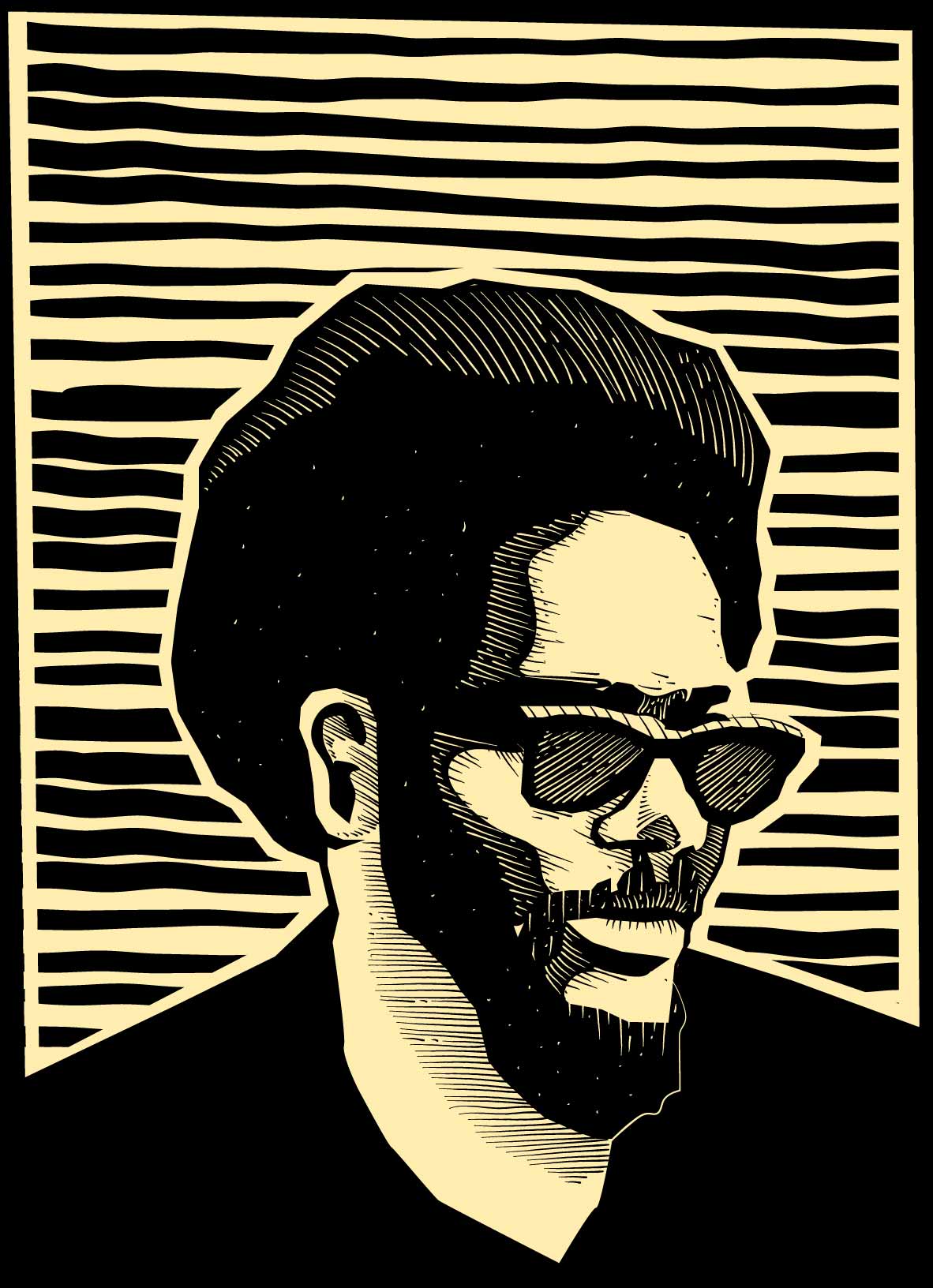
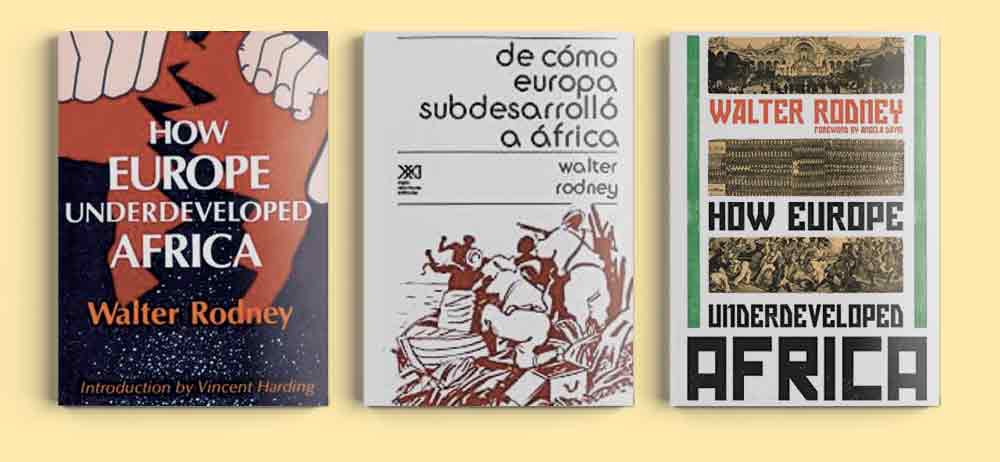

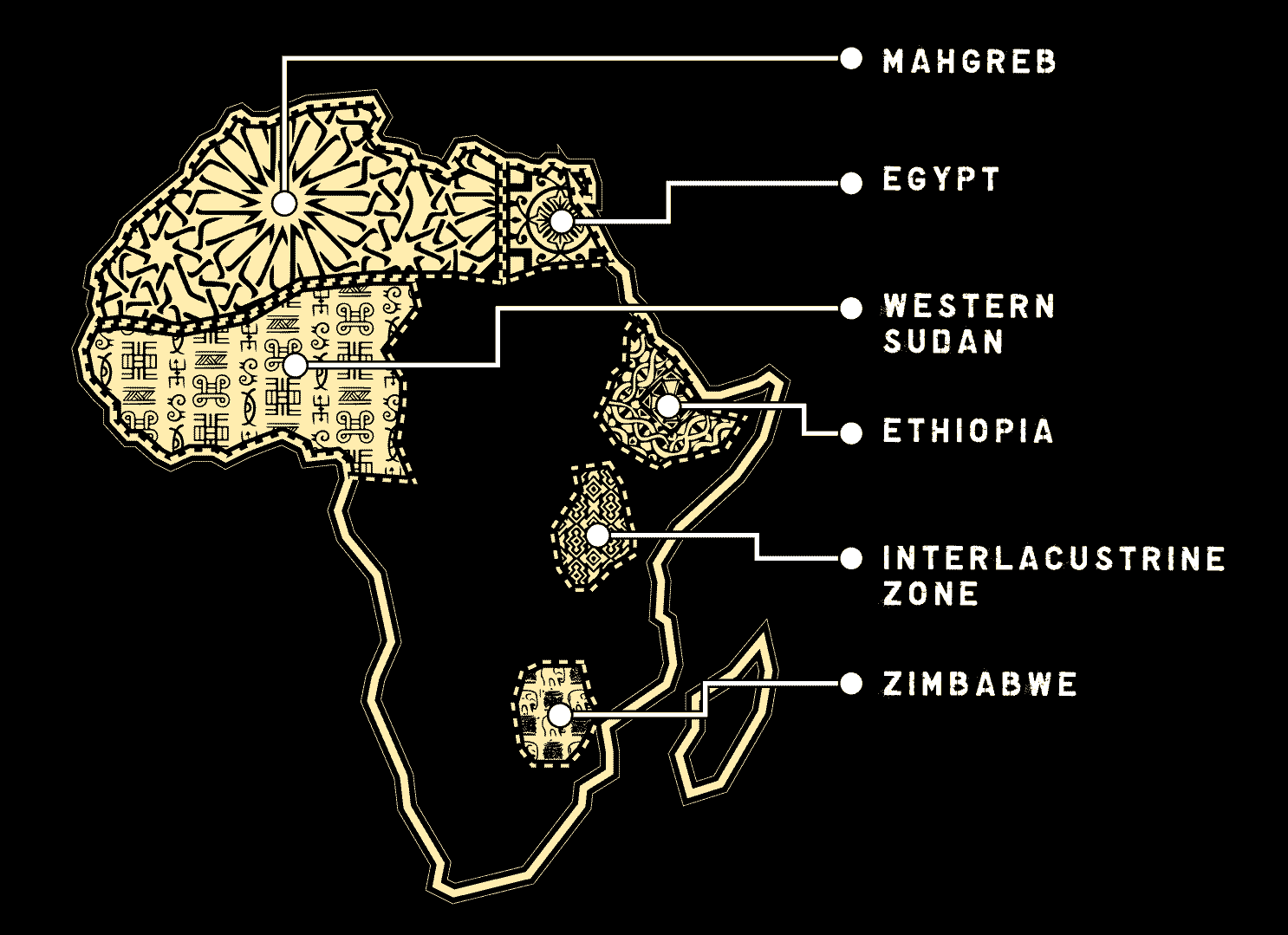
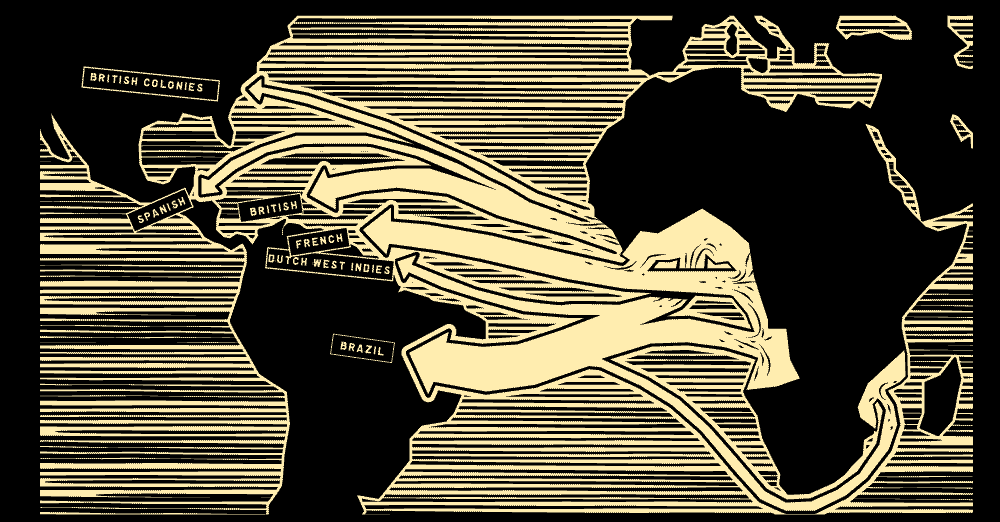


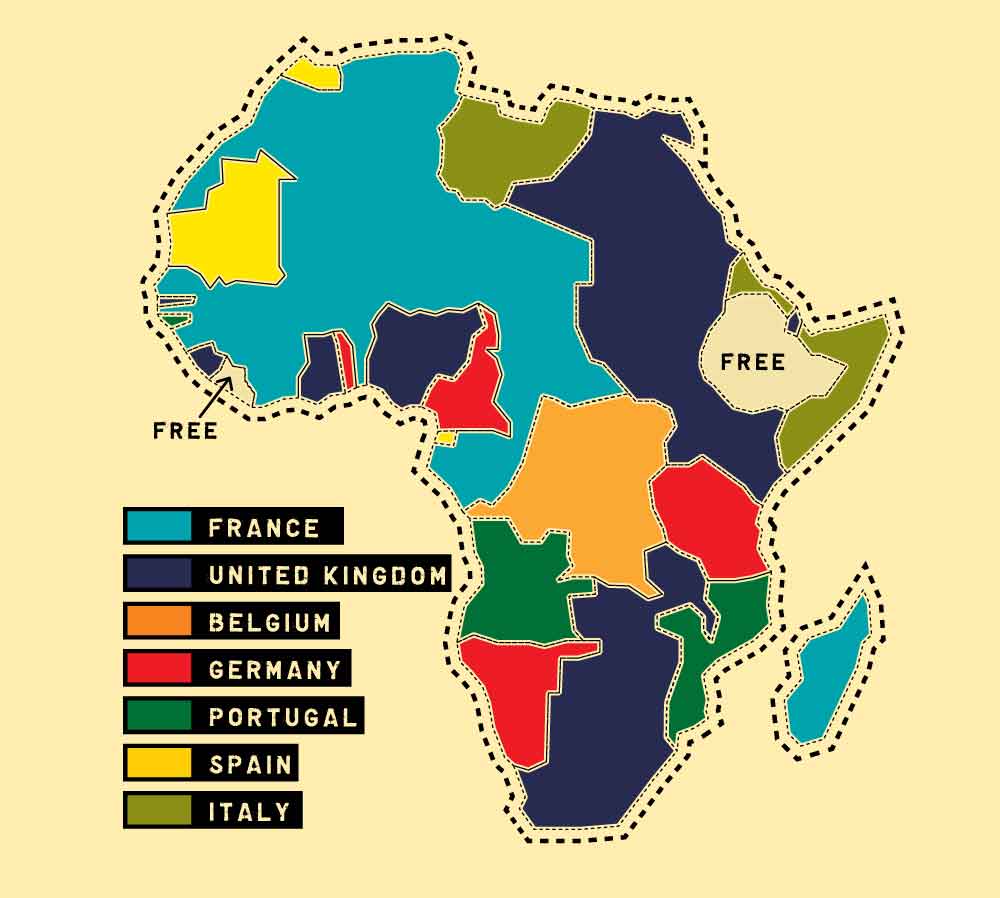
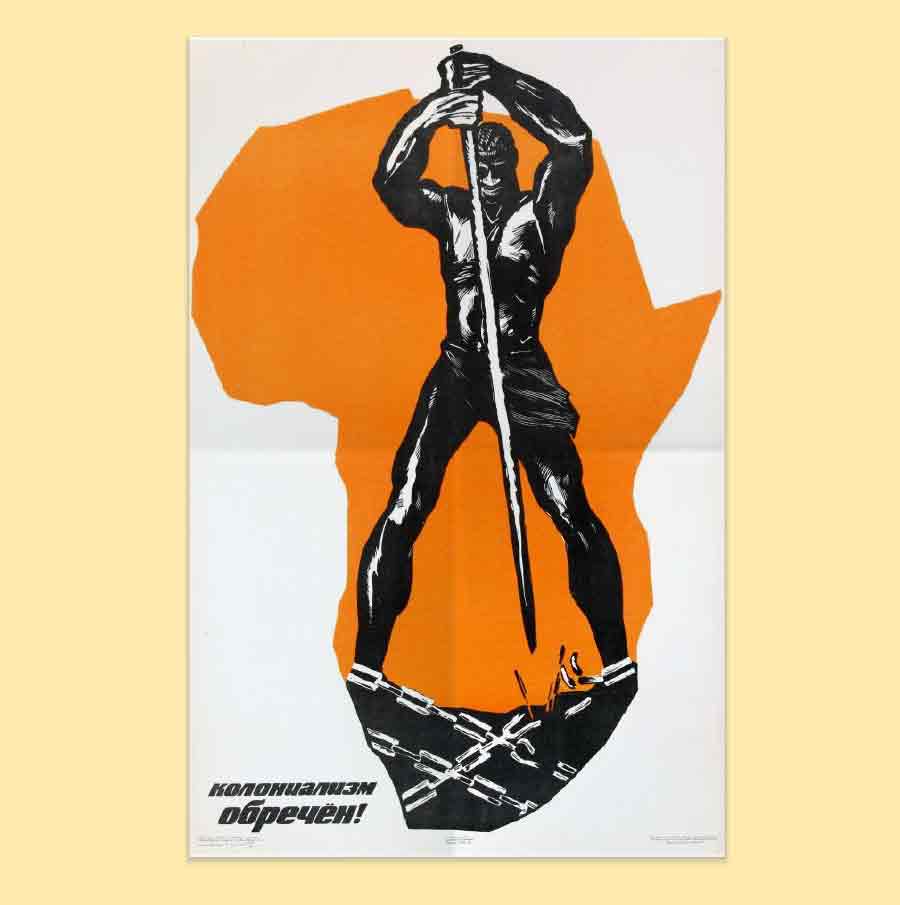


Facebook – no longer called social network but “ecosystem”, which also includes WhatsApp, Instagram and Messenger – has exceeded 3 billion monthly users. It is therefore no wonder that, in the midst of the coronavirus crisis, Facebook launches the project of one of the largest submarine cable networks, 2Africa: 37,000 km long (almost the maximum circumference of the Earth), it will surround the entire African continent, linking it north to Europe and east to the Middle East.
There will initially be 23 interconnected countries. Starting from Great Britain, the network will connect Portugal before starting its circle around Africa through Senegal, Ivory Coast, Ghana, Nigeria, Gabon, Republic of the Congo, Democratic Republic of the Congo, South Africa, Mozambique, Madagascar, Tanzania, Kenya, Somalia, Djibouti, Sudan, Egypt. In the latter section, the network will be connected to Oman and Saudi Arabia. Then, across the Mediterranean, it will arrive in Italy and from here to France and Spain.

Source: the author
This large-capacity network – explains Facebook – will be “the pillar of a huge expansion of the Internet in Africa: eco-nomies flourish when there is an Internet widely accessible for businesses.
The network will allow hundreds of millions of people to access broadband up to 5G. ” This, in summary, the official motivation of the project. One fact is enough to cast doubt on it: in sub-Saharan Africa about 600 million people, equivalent to more than half the population, do not have access to electricity.
What will the broadband network be used for? African elites, who represent the interests of multinationals in the continent, will be more closely connected to their parent companies.
The network will also serve other purposes. Two years ago, in May 2018, Facebook established a partnership with the Atlantic Council, an influential Washington-based “non-partisan organization” that “galvanizes US leadership and engagement in the world. together with allies”. The specific purpose of the partnership is to guarantee “the correct use of Facebook in elections around the world, monitoring disinformation and foreign interference, helping to educate citizens and civil society”.
What is the reliability of the Atlantic Council, particularly active in Africa, can be deduced from the official list of donors that finance it: the Pentagon and NATO, Lockheed Martin and other war industries (including the Italian Leonardo), ExxonMobil and other multinationals, the Bank of America and other financial groups, the Rockefeller and Soros foundations.
The network, which will connect 16 African countries to 5 European NATO allies under US command and to 2 US allies in the Middle East, can play a role not only in economic terms, but also in political and strategic ones. The “Digital Forensic Research Lab” of the Atlantic Council will be able to communicate every day to African media and politicians which news is “fake” and which “true”. Facebook’s personal information and tracking systems can be used to control and target opposition movements. Broadband, even in 5G, can be used by US and other special forces in their operations in Africa.
In announcing the project, Facebook stresses that Africa is “the least connected continent” and that the problem will be solved by its 37,000 km of cables. They can be used, however, as a modern version of the old colonial chains.

Italian Awarding winning researcher wrote this. Nobody from mainstream african outlets speaking about this? Or New Black media youtube smhAnd when Facebook decides to shut off the internet, what will happen then?
China does not have this problem.
What will the broadband network be used for?
African elites, who represent the interests of multinationals in the continent, will be more closely connected to their parent companies.
The network will also serve other purposes.
- Two years ago, in May 2018, Facebook established a partnership with the Atlantic Council, an influential Washington-based “non-partisan organization” that “galvanizes US leadership and engagement in the world. together with allies”.
- The specific purpose of the partnership is to guarantee “the correct use of Facebook in elections around the world, monitoring disinformation and foreign interference, helping to educate citizens and civil society”.
- What is the reliability of the Atlantic Council, particularly active in Africa, can be deduced from the official list of donors that finance it: the Pentagon and NATO, Lockheed Martin and other war industries (including the Italian Leonardo), ExxonMobil and other multinationals, the Bank of America and other financial groups, the Rockefeller and Soros foundations.
- The network, which will connect 16 African countries to 5 European NATO allies under US command and to 2 US allies in the Middle East, can play a role not only in economic terms, but also in political and strategic ones.
- The “Digital Forensic Research Lab” of the Atlantic Council will be able to communicate every day to African media and politicians which news is “fake” and which “true”. Facebook’s personal information and tracking systems can be used to control and target opposition movements.
- Broadband, even in 5G, can be used by US and other special forces in their operations in Africa.
- In announcing the project, Facebook stresses that Africa is “the least connected continent” and that the problem will be solved by its 37,000 km of cables.
- They can be used, however, as a modern version of the old colonial chains.
And when Facebook decides to shut off the internet, what will happen then?
China does not have this problem.
